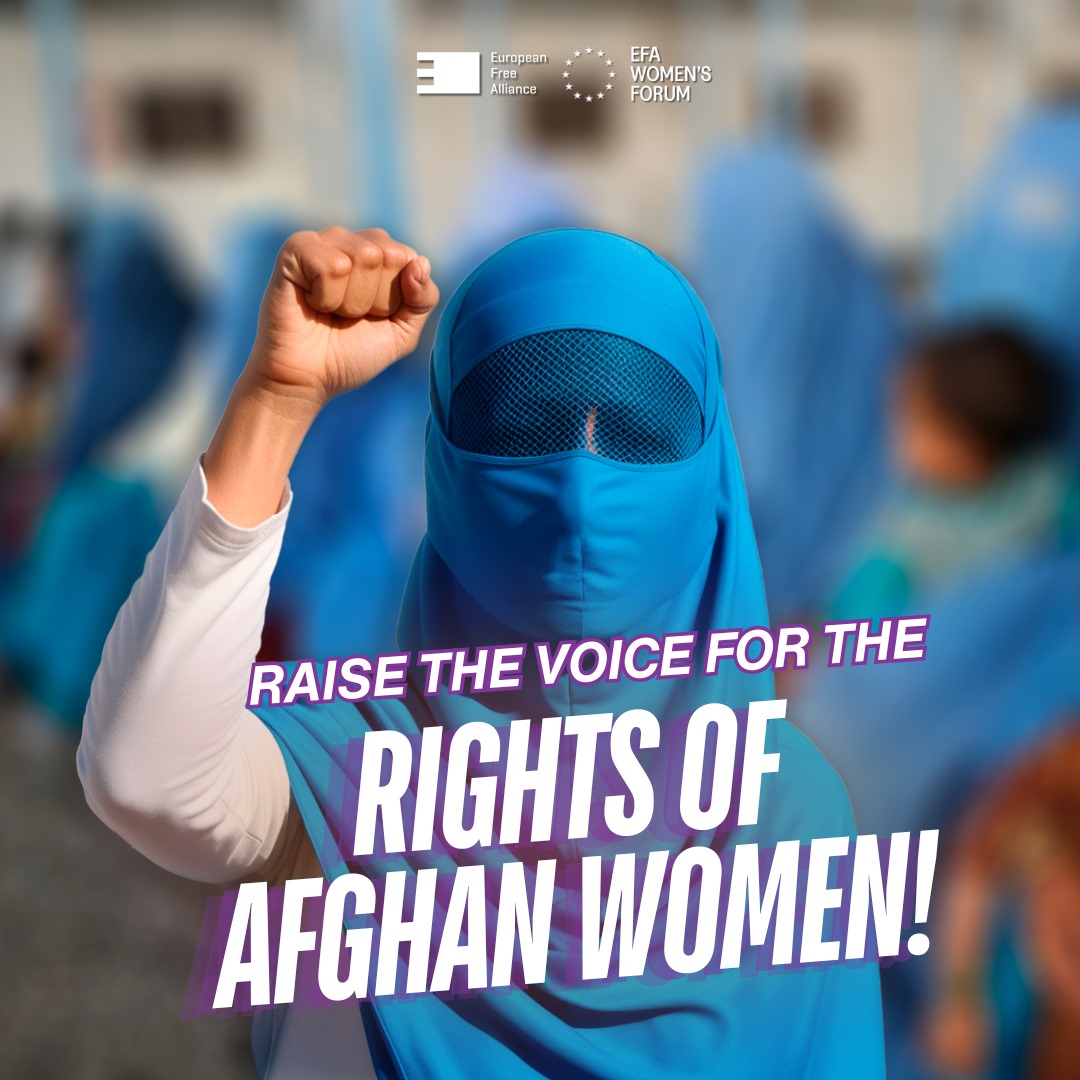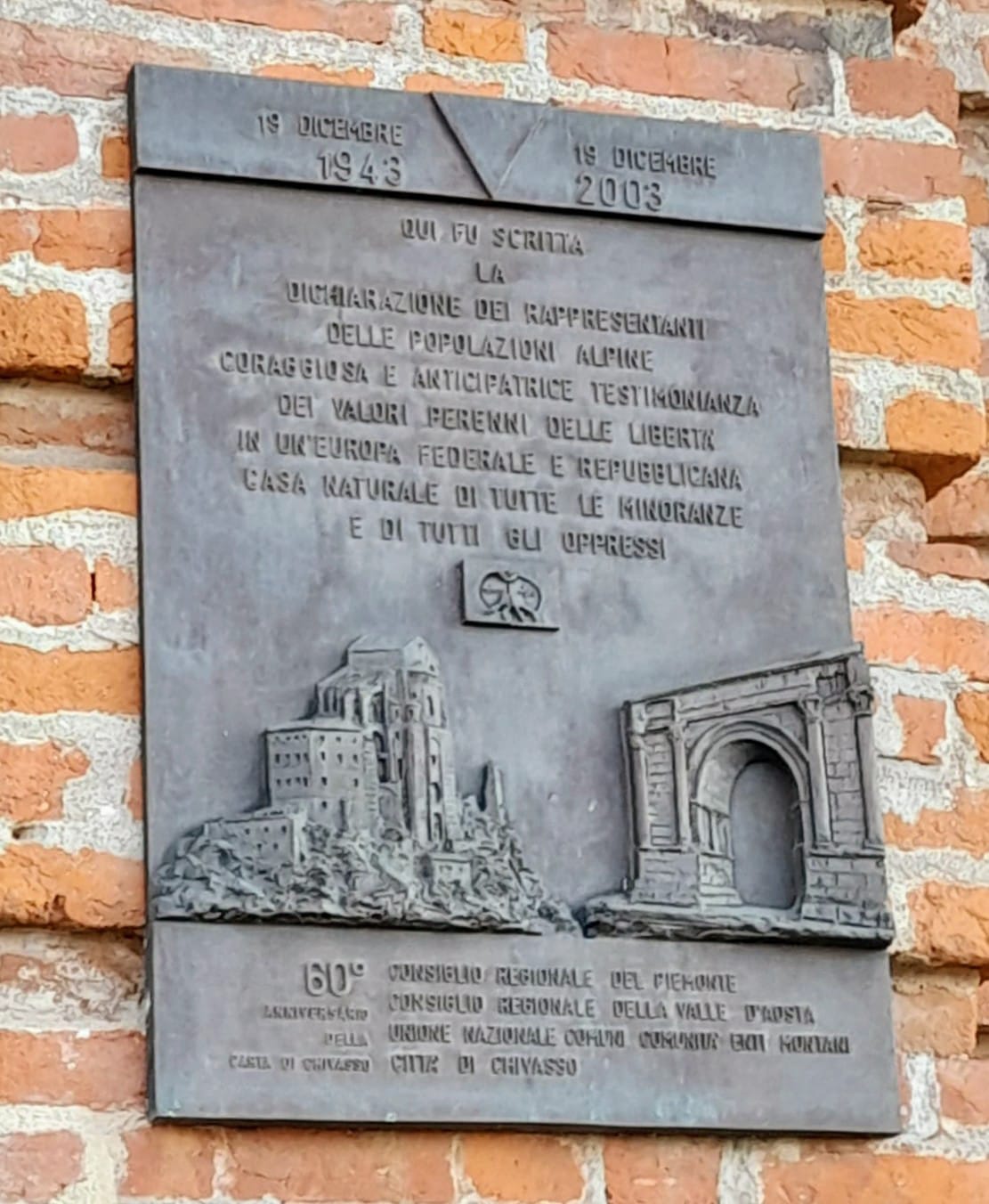Op-Ed: How to Improve the Experience of Women in Politics
Jule Goikoetxea is a is a Basque political philosopher, writer and feminist activist, known for her theoretical and literary works. She is the author of Privatizing Democracy: Global Ideals, European Politics and Basque Territories. Jule was a featured speaker at our International Women’s Day Event, and the article below is a shortened version of her speech.
What is the problem that women face in politics? The answer is patriarchy – a system of male domination that makes women, or tries to make women, into servants or second-level citizens.
But, what is patriarchy? How does it work? What consequence does it have on women’s lives, on democracy, freedom, and equality? And most importantly, how can we combat it?
In my latest research on neoliberal patriarchy in Europe, we wanted to answer this, by giving women a space to think about the ways that patriarchy affects their lives. To that end, we have divided neoliberal patriarchy into 6 dimensions: paid jobs, non-paid jobs, the state (especially welfare regimes, although we included some laws and policies), the public-socio-political space, sexuality, and direct violence against women.
It is impossible to confront patriarchy just in one dimension, they are entangled, embedded, and if we do not take into account the transformation of all of them, political presence and decision-making power by women will go on being underrepresented and ignored.
While the specific contexts behind each of the dimensions are available in my works linked below, a brief summary of the proposals we must make in order to ensure gender equality are as follows:
1. A Federal organization of every political community
Political power, and consequently the production and distribution of wealth and knowledge shall be constituted territorially. The closer that political institutions are to the people they serve, the more women you will find in positions of power. This is why we have to empower neighborhoods, towns and municipalities, constitutionally in a decentralized federal way, from the bottom to the top.
2. Equality in female representation
Every power centre and decision-making process should be made up by, at least, 50% of women, including all management, committees, departments and ministries. Women must be able to have a veto power: they must have a say in all laws.
3. The organization of women groups within every mixed group
Space for women must be created at every political level. Women’s groups are an integral part of this: we must have mixed parliaments and women-only parliaments with their own committees.
4. A fair valuation of unpaid work that is equal to paid work
Traditionally non-paid work, such as caring, must be a burden equally shared amongst all people. Laws and legislation must be introduced to ensure no person can do more unpaid work than paid work: and all work must be valued.
We are not simply here to confront our current political system: we are here to change it for the better. We must propose new systems and govern them effectively. That is the very essence of self-determination.
To read more about Jule’s work, her book Privatising Democracy is available here, as well as her other title Patriarchal Democracy (available here). For Jule’s opinion on tackling patriarchy specifically within the COVID context, read her article here.







![[UPDATE] EFA expels Latvian Russian Union](https://e-f-a.org/wp-content/uploads/2023/04/blue-gae9f38ab3_1280edited.jpg)



